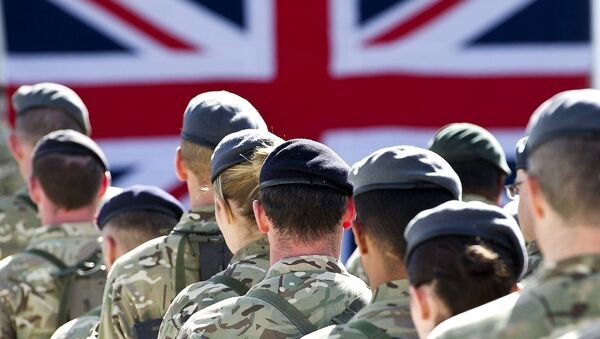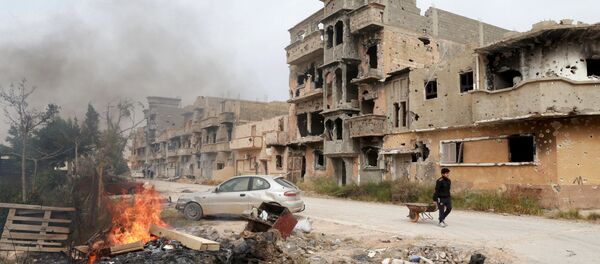"I am very clear that it was right to take action to prevent the slaughter in Benghazi that Gaddafi would have carried out — I believe that was right," Cameron said in an answer to questions from SNP Westminster leader Angus Robertson during Prime Minister's Questions.
"There is widespread reporting that the UK government is about to commit ground troops to Libya to train government forces there. Is this true and why has Parliament not been informed?" Mr Robertson asked David Cameron.
.@AngusRobertson calls on Cameron to inform and seek approval from Parliament of any plans to deploy troops to Libya. #PMQs
— The SNP (@theSNP) March 16, 2016
The PM's response was not one of denial — but a confirmation that should troops be deployed, he would tell the House if it was happening in "a conventional sense."
"If we had any plans to send conventional forces for training in Libya then of course we would come to this House and discuss it," Cameron said.
However, it remains unclear whether troop deployment in a "conventional sense" covers the role of Special Forces operating in the country.
In answer to a second question by Angus Robertson, who pointed out the government had spent 13 times more on its bombing campaign of Libya than securing peace in the country, David Cameron admitted that "Libya is in a very concerning state at the moment, and everyone has to take their responsibility for that."
The PM admitted it was in Britain's interest to see the formation of a unity government — which has still failed to materialize in a country described as being "lawless."
"Libya right now is a people smuggling route, that is bad for us and bad for the rest of Europe and the growth of Daesh is bad for us and bad for the rest of Europe."



